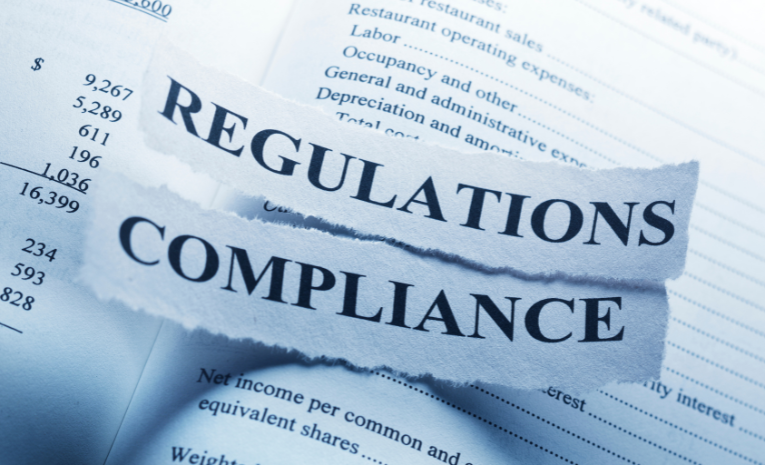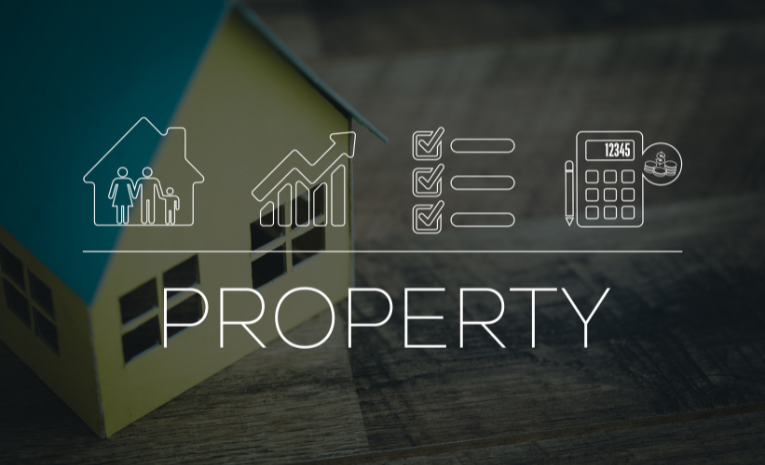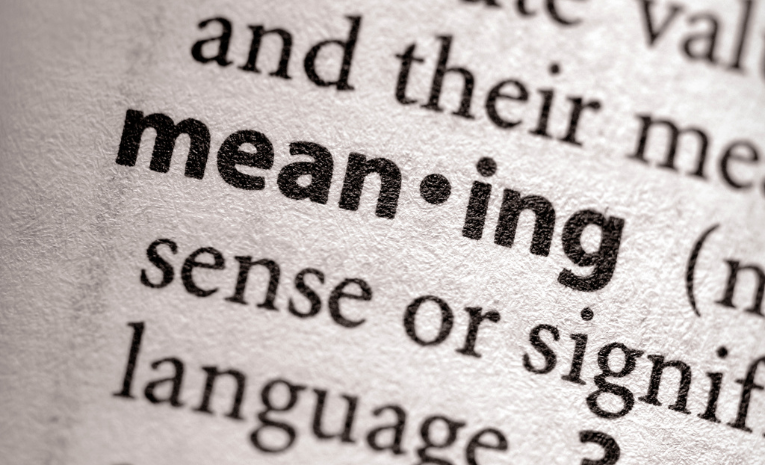When purchasing or selling a property, one of the most critical documents you’ll encounter is the conveyancing report. This report provides a detailed overview of the legal status of the property, ensuring that you are fully informed about any potential issues before finalizing the transaction. At Somnium Legal, with offices in Orihuela and Orihuela Costa, we specialize in providing comprehensive conveyancing services, including the preparation and explanation of conveyancing reports to help you make informed decisions.
What Is a Conveyancing Report?
A conveyancing report is a document prepared by your conveyancer or solicitor that summarizes the findings of various property searches, the review of title deeds, and other legal investigations conducted during the conveyancing process. It is designed to give you a clear picture of any legal matters, restrictions, or obligations associated with the property you are buying or selling.
Key Components of a Conveyancing Report
Title Deeds Review:
- The report will include a summary of the property’s title deeds, confirming ownership and any existing rights or restrictions. This section ensures that the seller has the legal right to sell the property and that there are no outstanding issues that could affect your ownership.
Property Searches:
- The conveyancing report will outline the results of various searches, including local authority searches, environmental searches, and drainage and water searches. These searches check for any planning permissions, building regulations, potential environmental hazards, or issues with utilities that could impact the property.
Legal Obligations and Restrictions:
- Any legal obligations, such as easements, covenants, or rights of way, will be detailed in the report. These are important as they may affect how you can use the property or require you to maintain certain aspects of it.
Mortgages and Liens:
- The report will identify any existing mortgages, liens, or other charges against the property. These need to be resolved before the sale can proceed, ensuring that the property is transferred free of encumbrances.
Property Boundaries and Disputes:
- Information on the property’s boundaries and any existing or potential boundary disputes will be included. Clear boundaries are essential to avoid conflicts with neighbors after the purchase.
Completion Statement:
- For buyers, the report will include a completion statement outlining the financial breakdown of the transaction, including the purchase price, deposits paid, fees, and any other financial considerations.
The Importance of a Conveyancing Report
The conveyancing report is crucial because it helps to identify and address any legal issues before they become significant problems. It provides peace of mind by ensuring that you are fully aware of the property’s legal standing and any potential risks. This transparency is essential in avoiding future disputes or unexpected costs.
Why Choose Somnium Legal for Your Conveyancing Needs?
At Somnium Legal, we pride ourselves on delivering thorough and easy-to-understand conveyancing reports. We ensure that every aspect of the property transaction is carefully reviewed and that you are fully informed of any issues that may arise. Our team is dedicated to making the conveyancing process as straightforward as possible, providing expert guidance every step of the way.
Conclusion
A well-prepared conveyancing report is a vital tool in any property transaction, providing essential insights into the legal aspects of the property. At Somnium Legal, with offices in Orihuela and Orihuela Costa, we are committed to ensuring that our clients receive comprehensive, clear, and reliable conveyancing reports. Whether you are buying or selling, our expert team is here to help you navigate the complexities of property law with confidence.
Contact Somnium Legal today to learn more about how our conveyancing services can assist you in your next property transaction.










